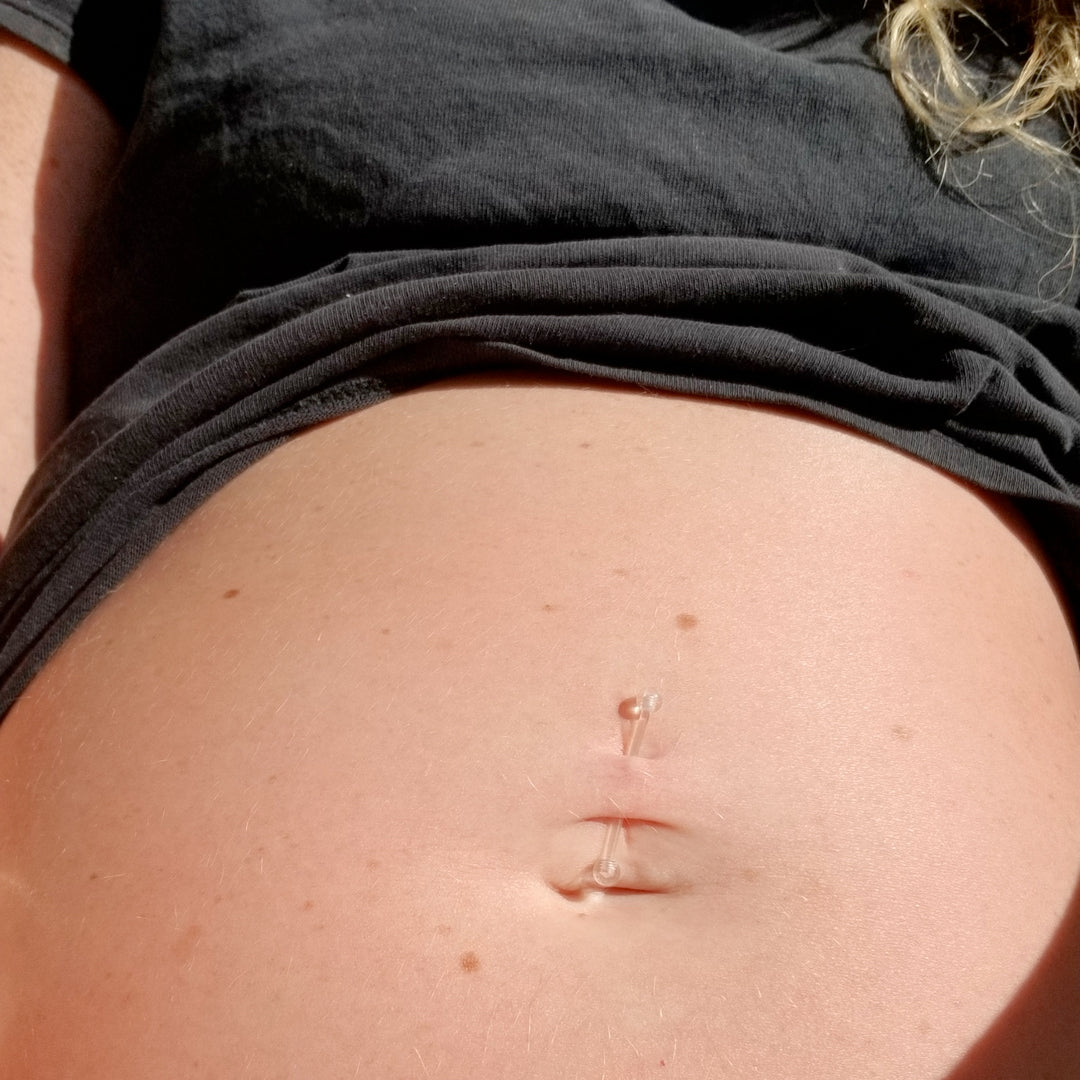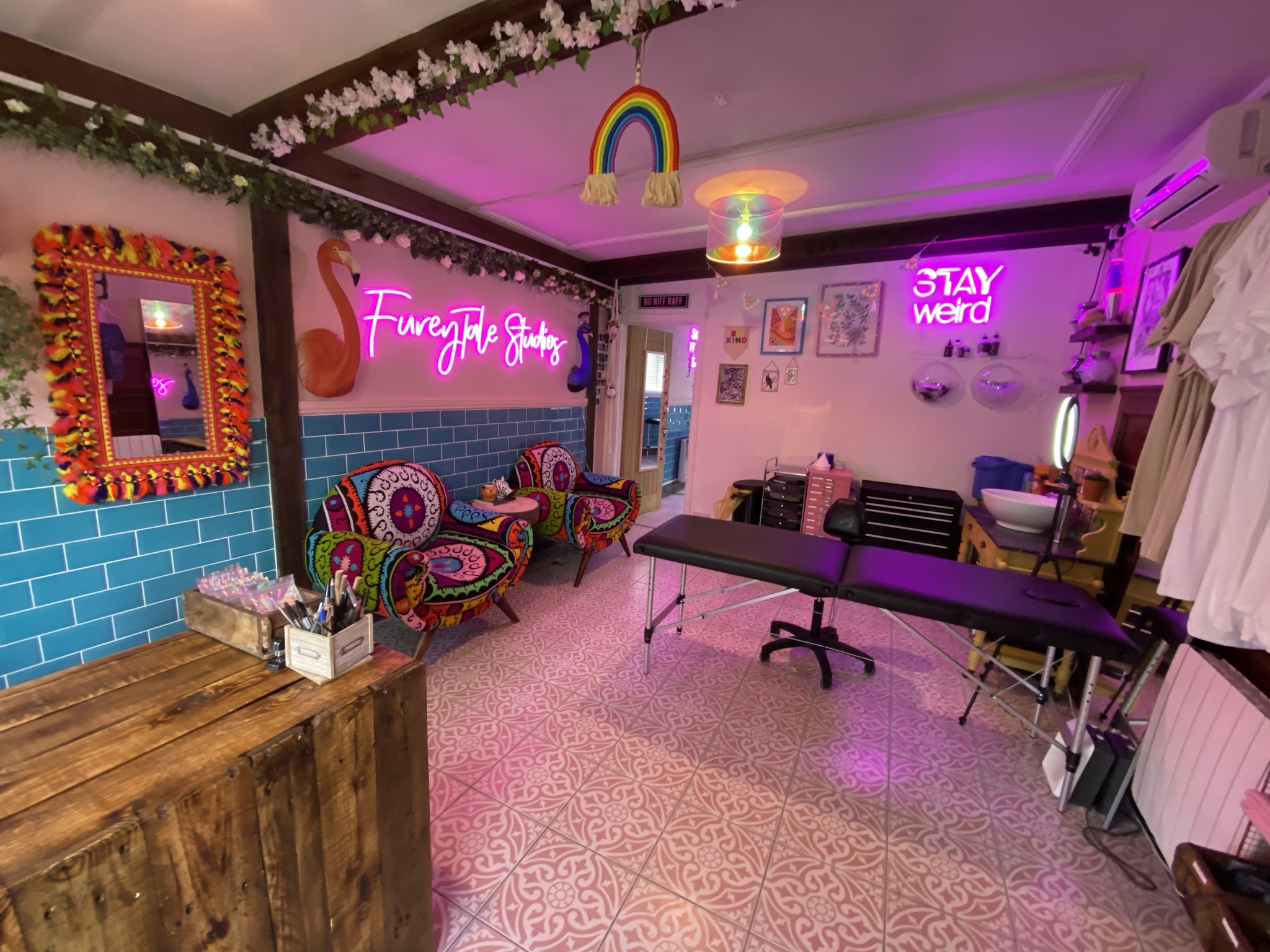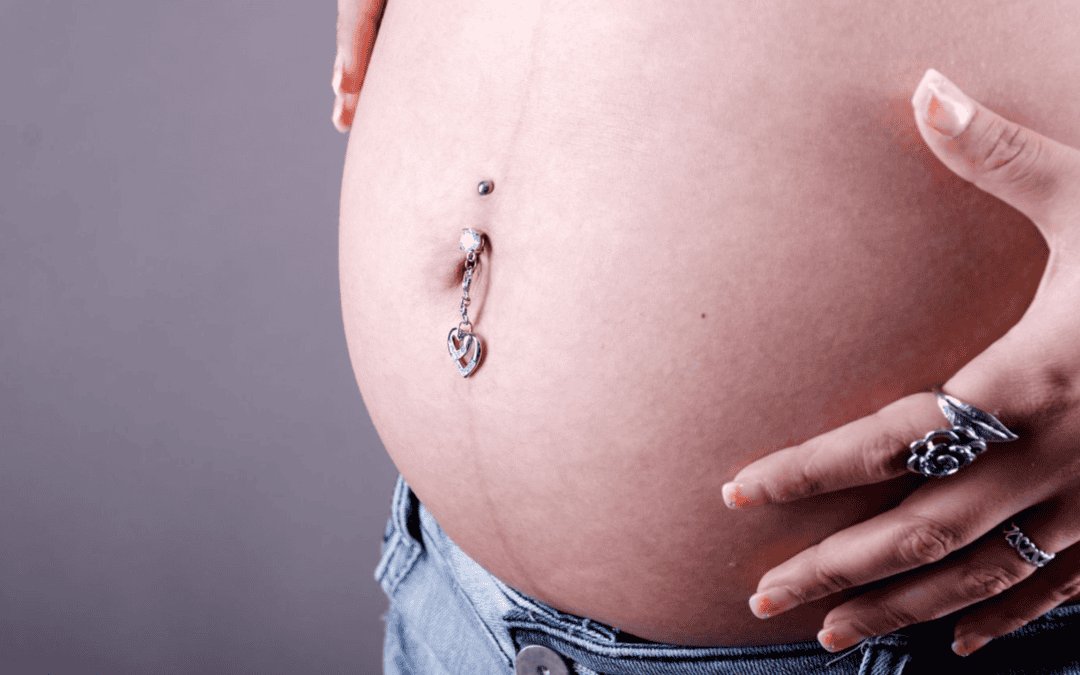Why You Should Think Twice Before Getting Pierced During Pregnancy
Pregnancy is an exciting time, full of changes, but it also places additional demands on your body. While body piercings might seem harmless, they come with certain risks that can be magnified during pregnancy. From infections to delayed healing, let’s explain why it might be best to hold off on getting pierced until after giving birth.

1. Increased Risk of Infection
Your immune system works differently during pregnancy to protect you and your developing baby. This can make it easier to catch infections, and healing time may also be prolonged.
- Higher Vulnerability to Bacteria: The skin is punctured during a piercing, creating a gateway for bacteria to enter the body. Pregnancy can make fending off infections more challenging for your immune system.
- Impact on Baby’s Health: Any infection could potentially affect your baby, making it crucial to reduce your risk of exposure to bacteria or unsanitary conditions.
2. Slower Healing Process
Your body prioritizes your baby’s needs, which can impact its ability to heal quickly from a piercing wound.
- Healing May Take Longer: Since your immune system is focused on supporting your pregnancy, piercings might take longer to heal, increasing the chance of complications.
- Scarring Risks: Due to slower healing, you may also be more prone to scarring or complications with the piercing, particularly if it becomes irritated or infected.
3. Skin Changes During Pregnancy
Pregnancy often causes changes to the skin, which can influence how piercings heal or react. Areas prone to stretching or swelling, such as the belly, may face extra challenges.
- Skin Sensitivity: Increased sensitivity can make piercings more painful and reactive, leading to irritation.
- Swelling and Stretching: Certain areas, like the navel, experience significant stretching, making belly piercings particularly vulnerable to discomfort or migration.
4. Safety Concerns in Tattoo and Piercing Studios
Tattoo and piercing studios should always follow strict hygiene practices, but there’s still some inherent risk involved with piercing.
- Sterilization Standards: Any lapse in sterilization practices could increase infection risks, impacting both you and your pregnancy.
- Medical Restrictions: Many professional piercers may decline to work on pregnant clients due to potential liability issues and health risks.
5. Limited Options for Pain Relief
For pain relief during piercing, standard over-the-counter options may not be suitable during pregnancy. Many painkillers can be harmful to your developing baby and may even pose risks to you.
- Pain Sensitivity: Pregnancy can heighten pain sensitivity, making piercing more uncomfortable.
- Restricted Medication Use: Your options for managing pain are limited, as medications such as ibuprofen are generally discouraged in pregnancy.
When Piercings Might Be Safe During Pregnancy

If you still decide to get a piercing while pregnant, some areas may be safer than others. Here’s what to consider:
- Earlobe Piercings: The earlobes tend to be less susceptible to irritation, making them a somewhat safer option if you’re set on getting a piercing.
- Avoid the Belly Button and Nipples: These areas can become highly sensitive or prone to stretching, so it’s best to avoid them until after pregnancy.
Precautions to Take if You Get Pierced While Pregnant
If you’re considering a piercing while pregnant, follow these precautions to reduce potential risks:
- Choose a Reputable Studio: Ensure the studio has strong hygiene practices and certified piercers who follow sterilization protocols.
- Watch for Signs of Infection: Monitor the area for redness, swelling, or discharge, as these could be signs of an infection that requires medical attention.
- Consult Your Healthcare Provider: Always discuss your plans with your doctor, as they can provide personalized advice on whether it’s safe for you.
Alternatives to Piercing During Pregnancy
There are safe ways to express your style without getting a permanent piercing during pregnancy:
- Temporary Jewelry: Clip-on or magnetic options let you experiment without breaking the skin.
- Henna or Body Art: Henna designs are temporary and non-invasive, giving you a creative outlet without the risks of piercing.
Is It Worth the Risk?
While piercings are generally safe, pregnancy adds additional considerations that can make the process riskier. The best approach is to prioritize your health, and your baby’s by waiting until after childbirth to get new piercings. By avoiding potential risks and complications, you can ensure you and your baby have the best chance at a healthy pregnancy.




